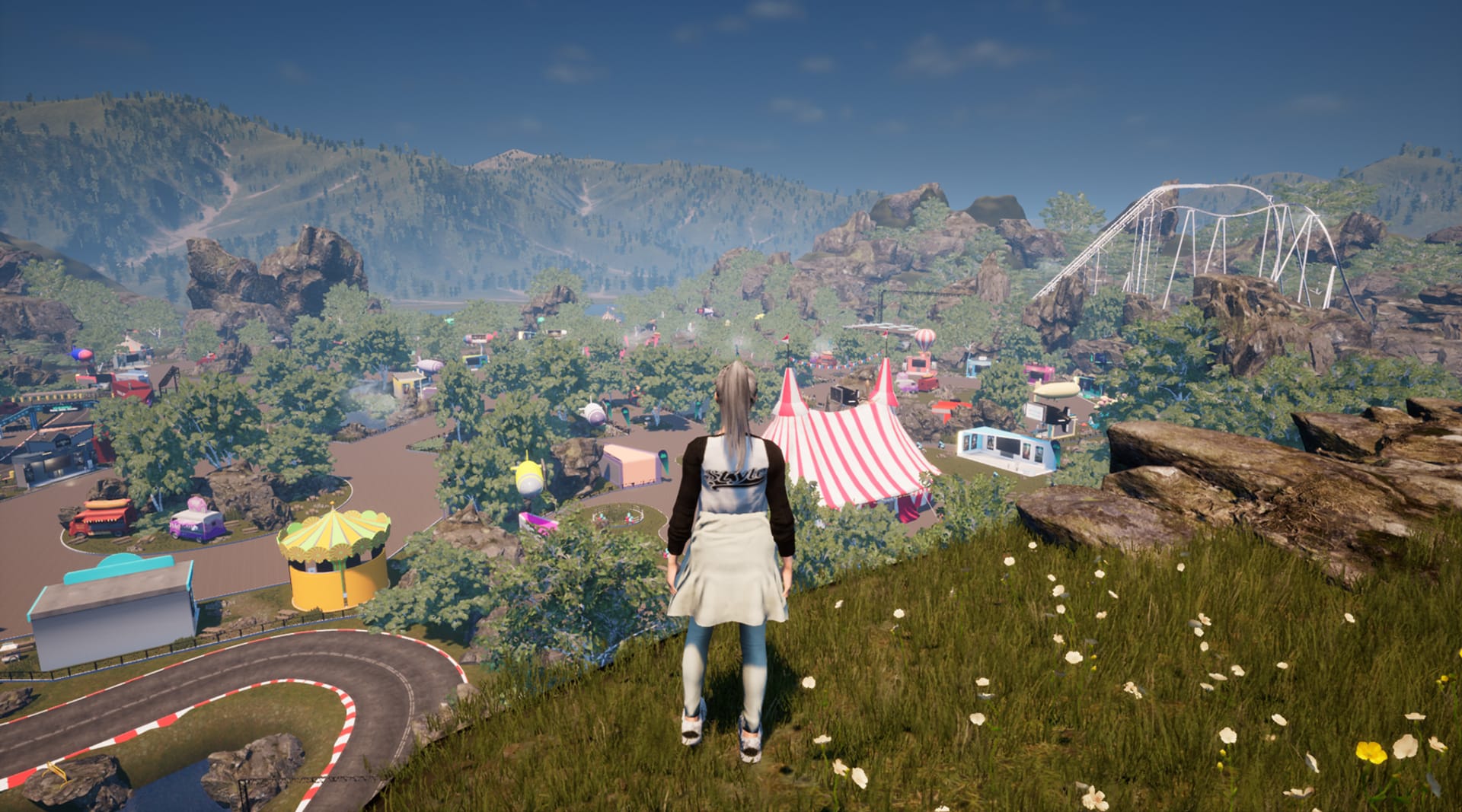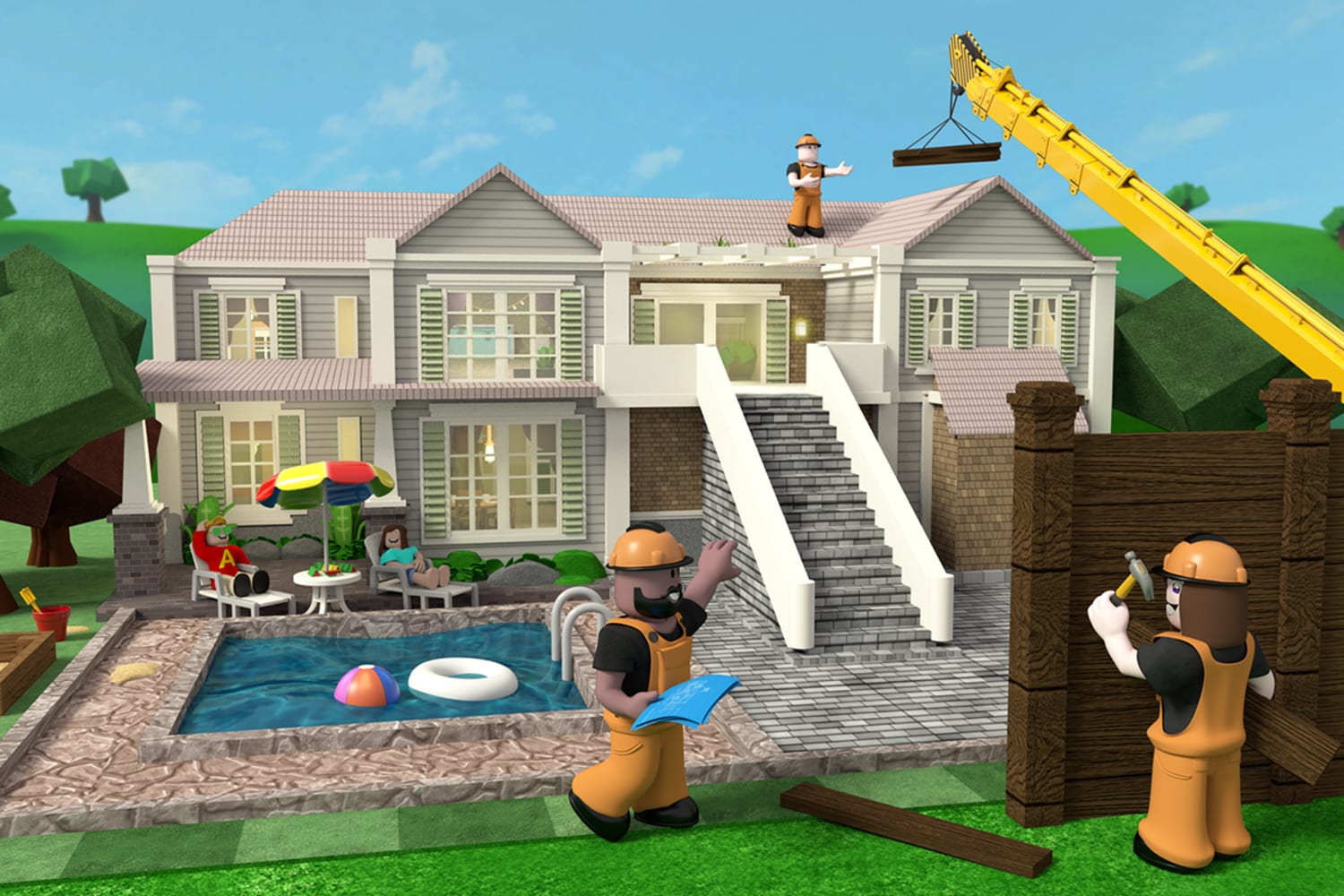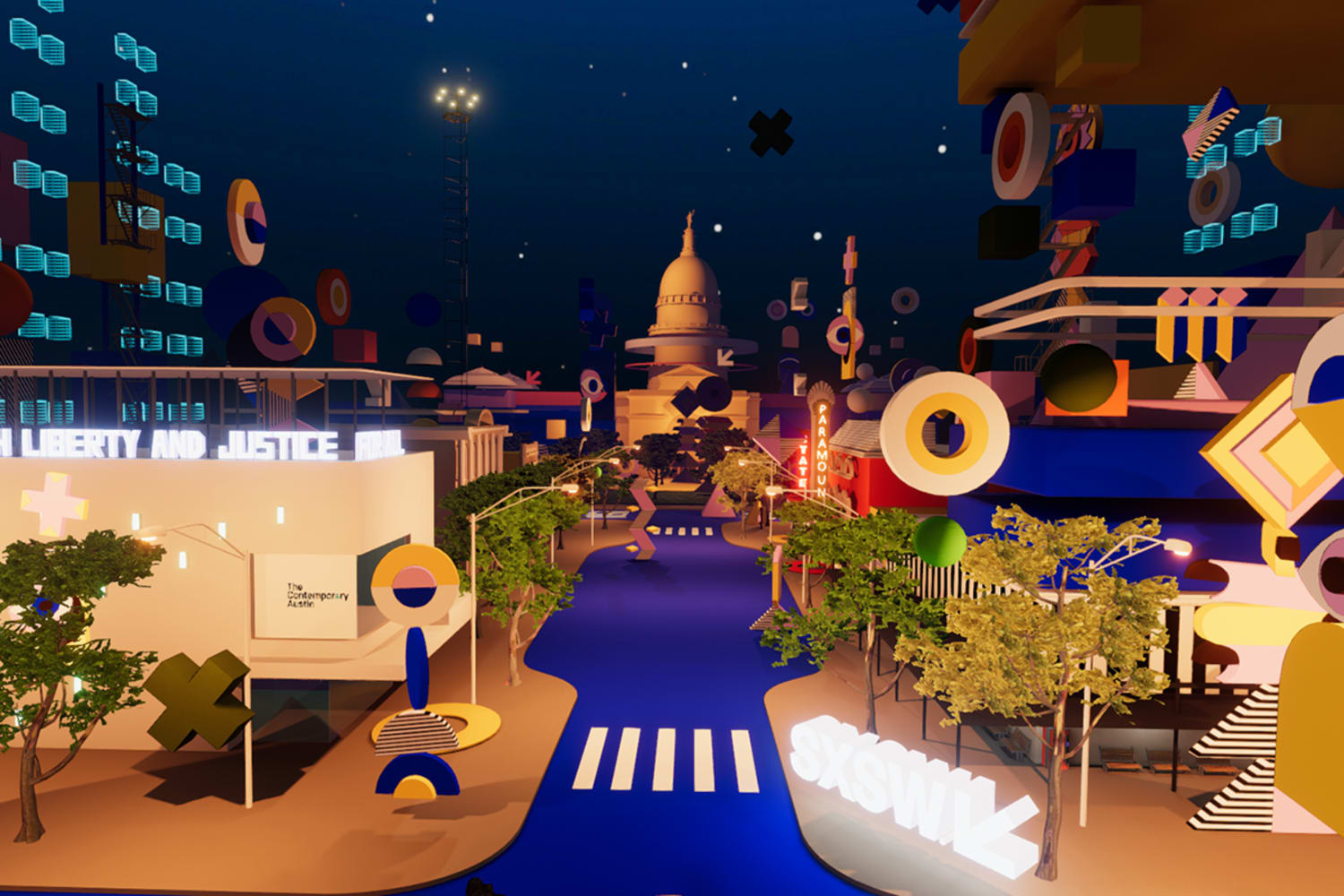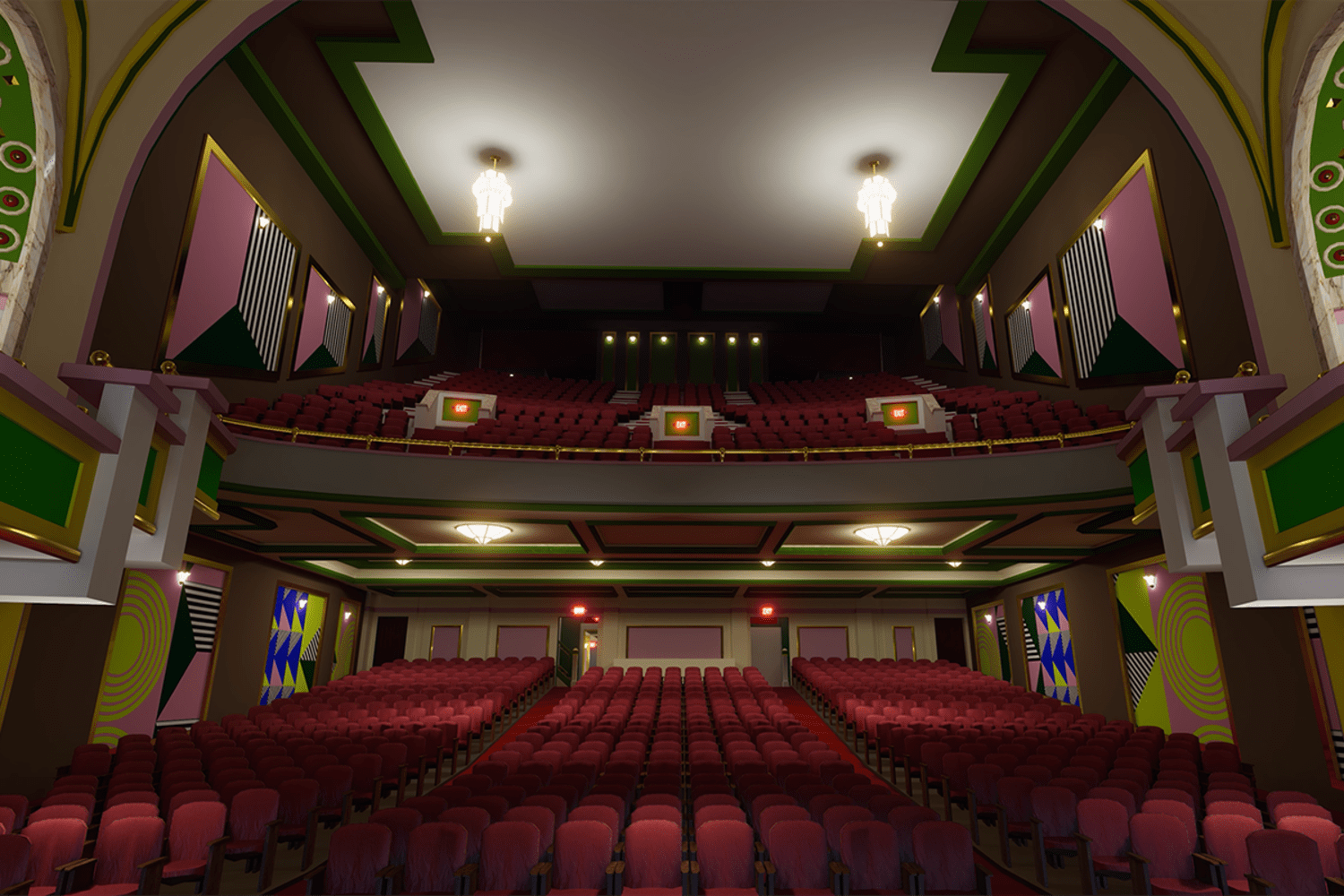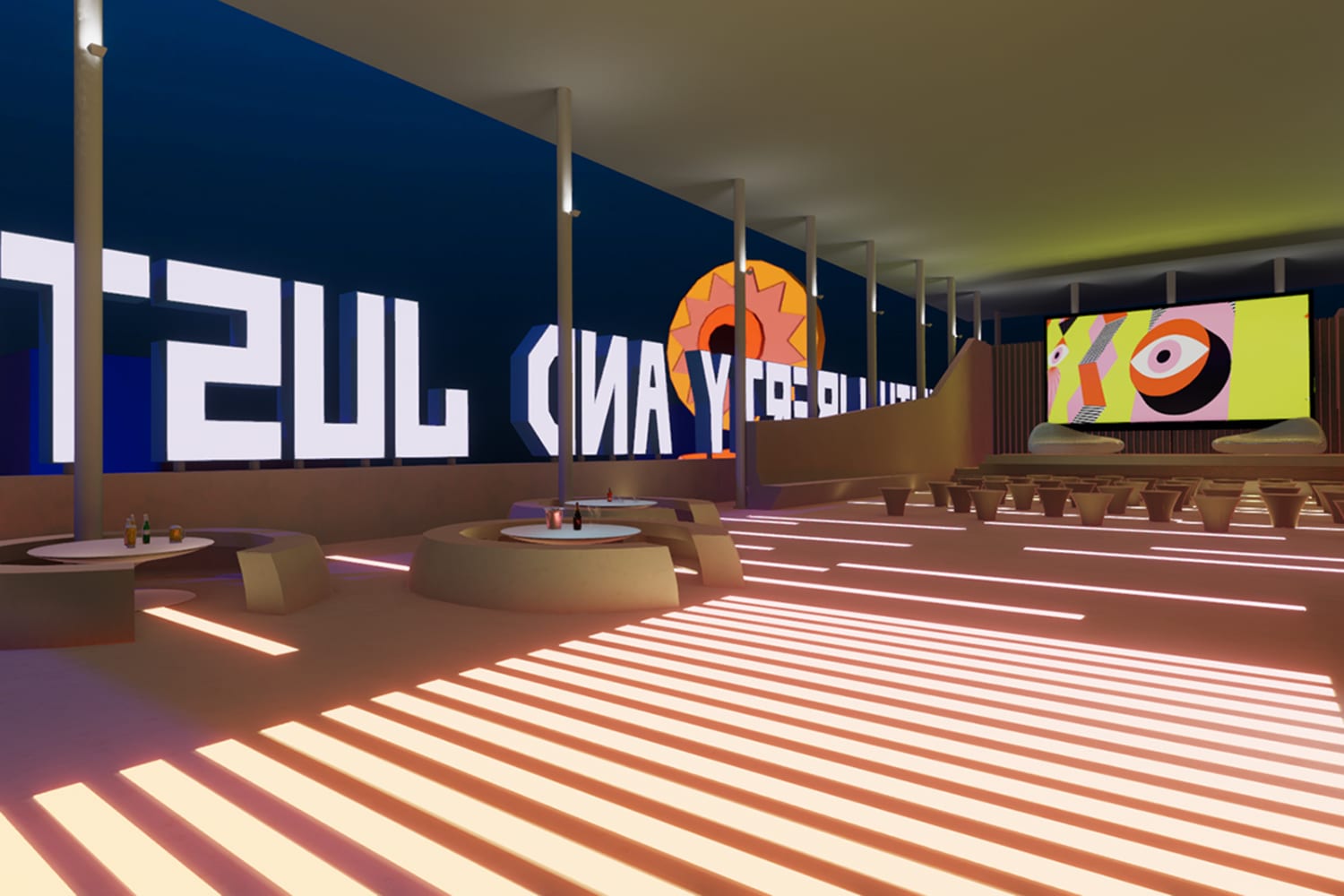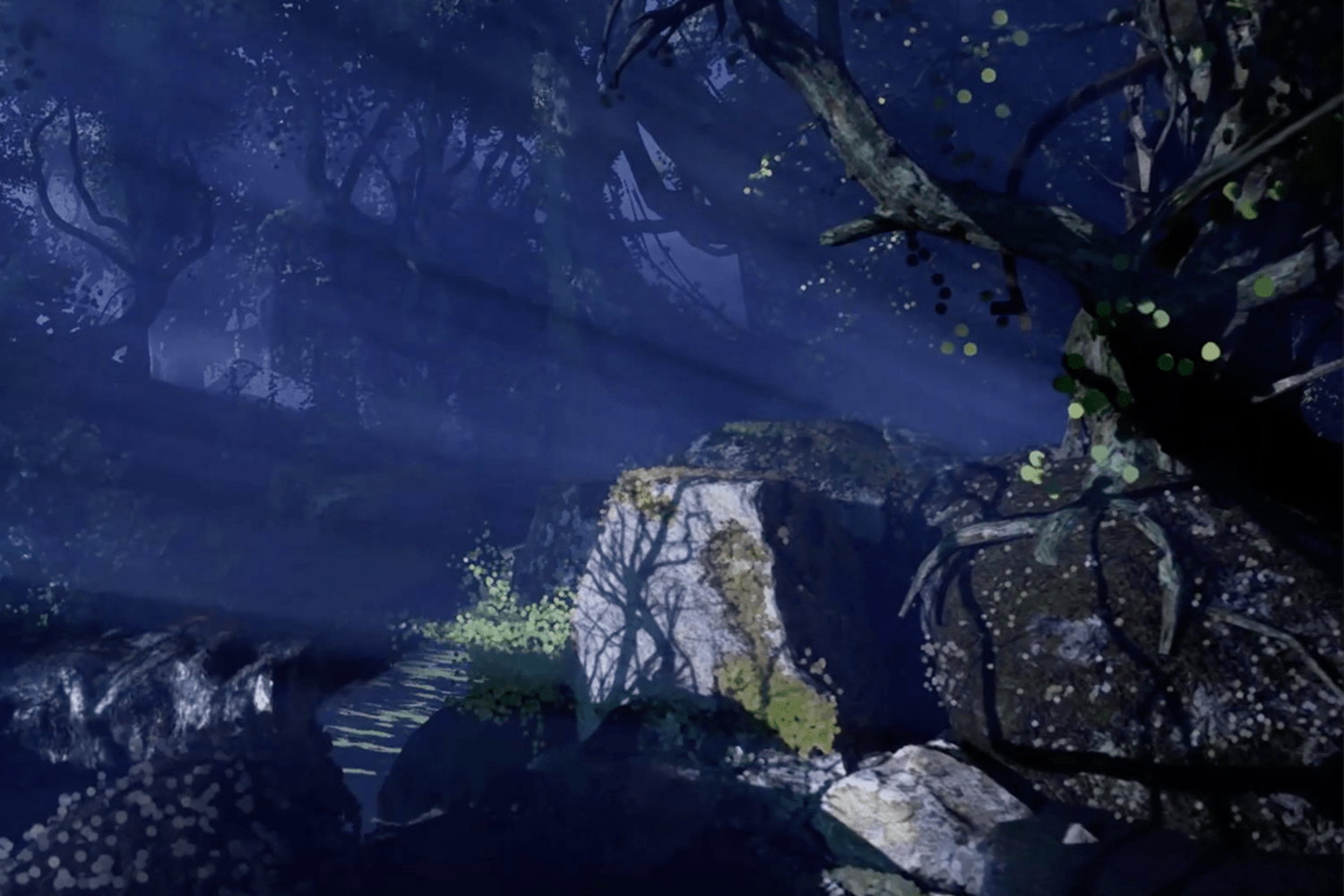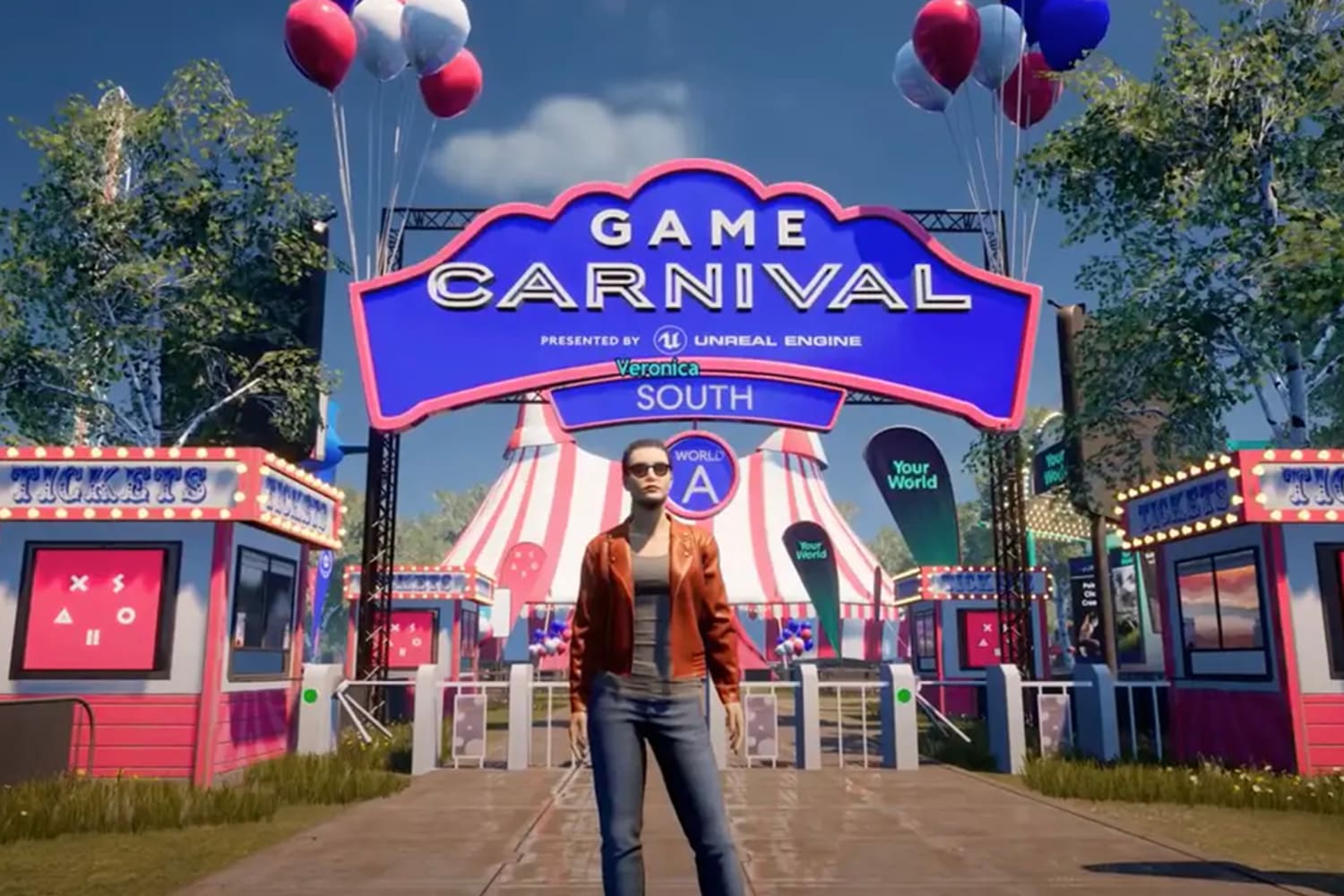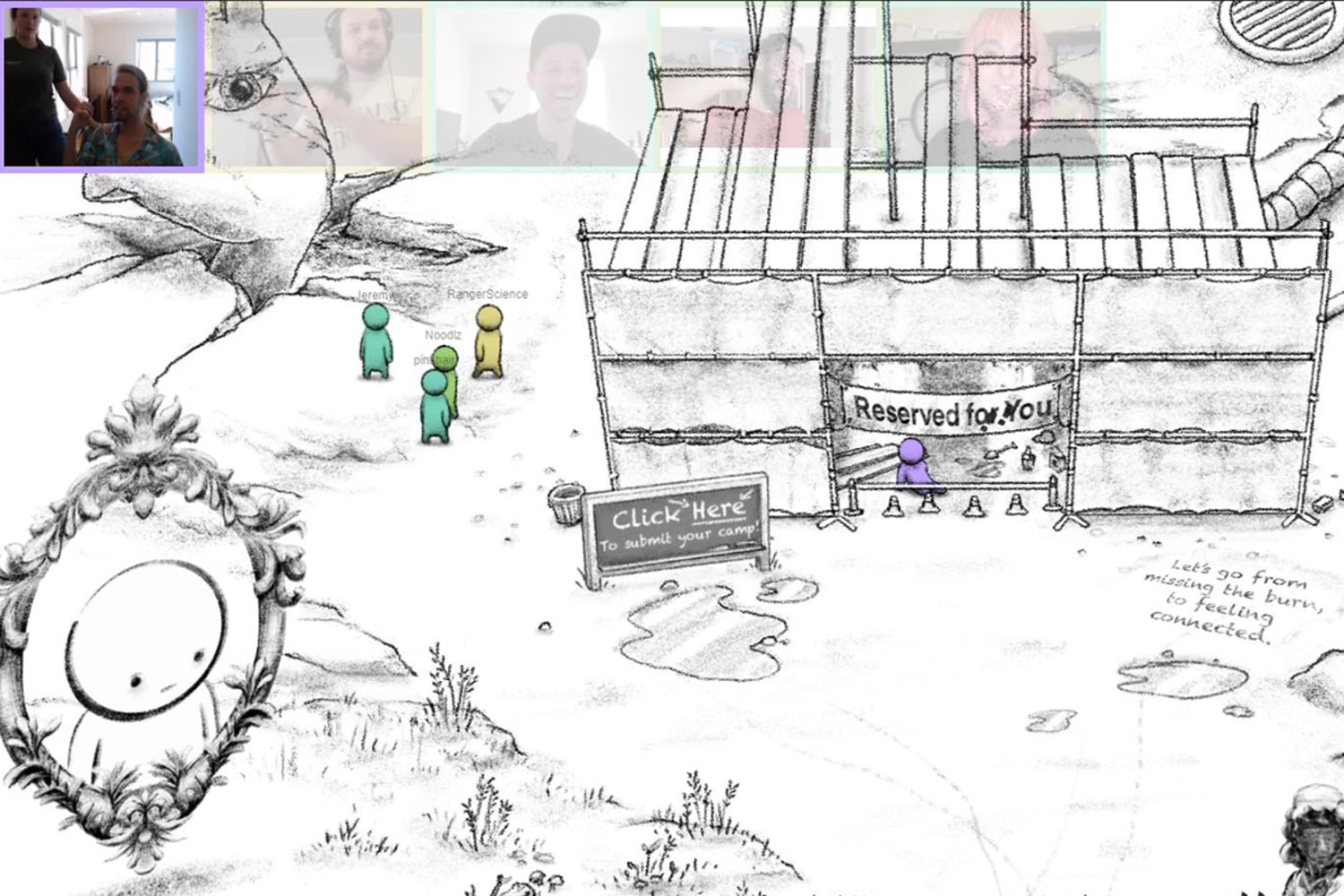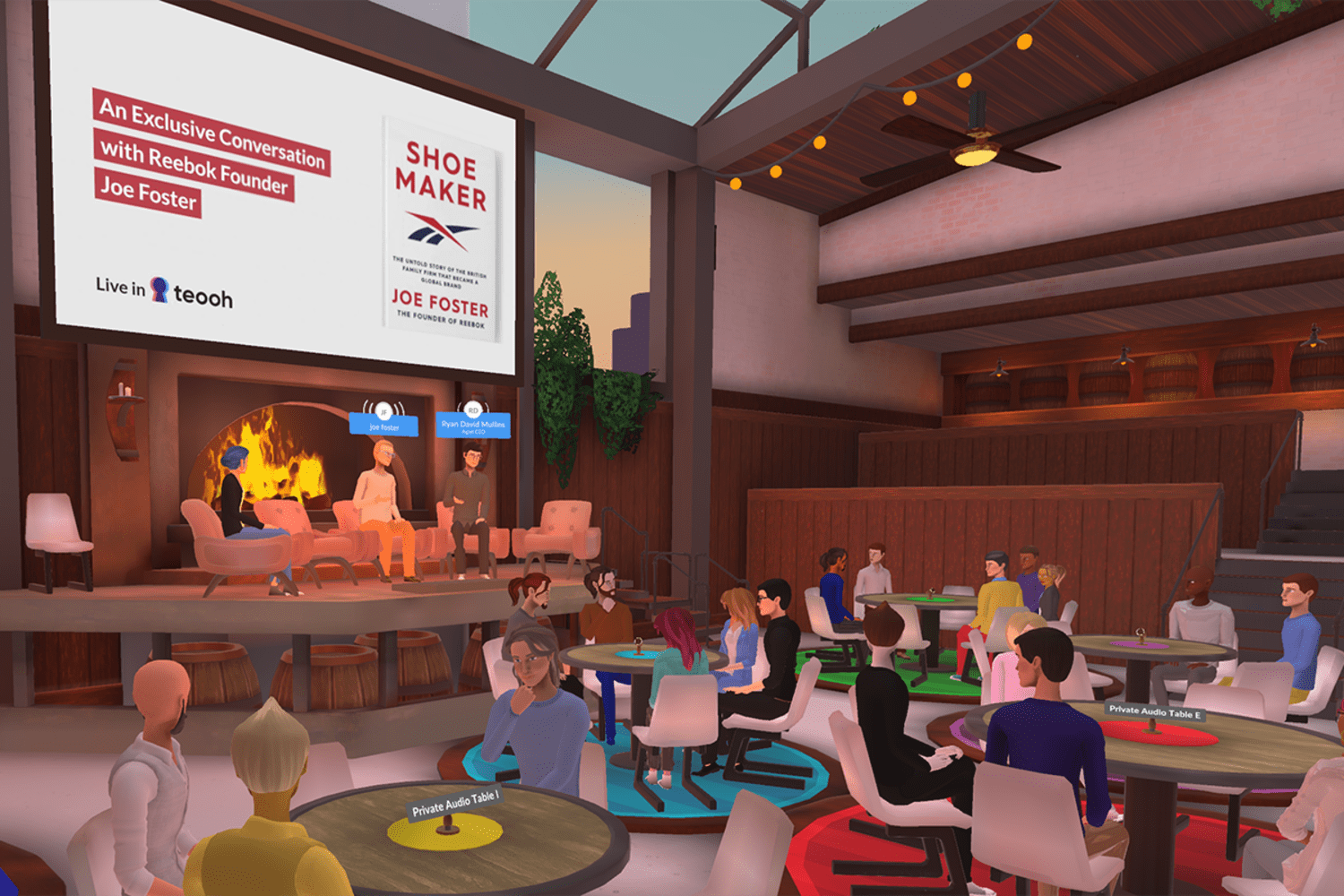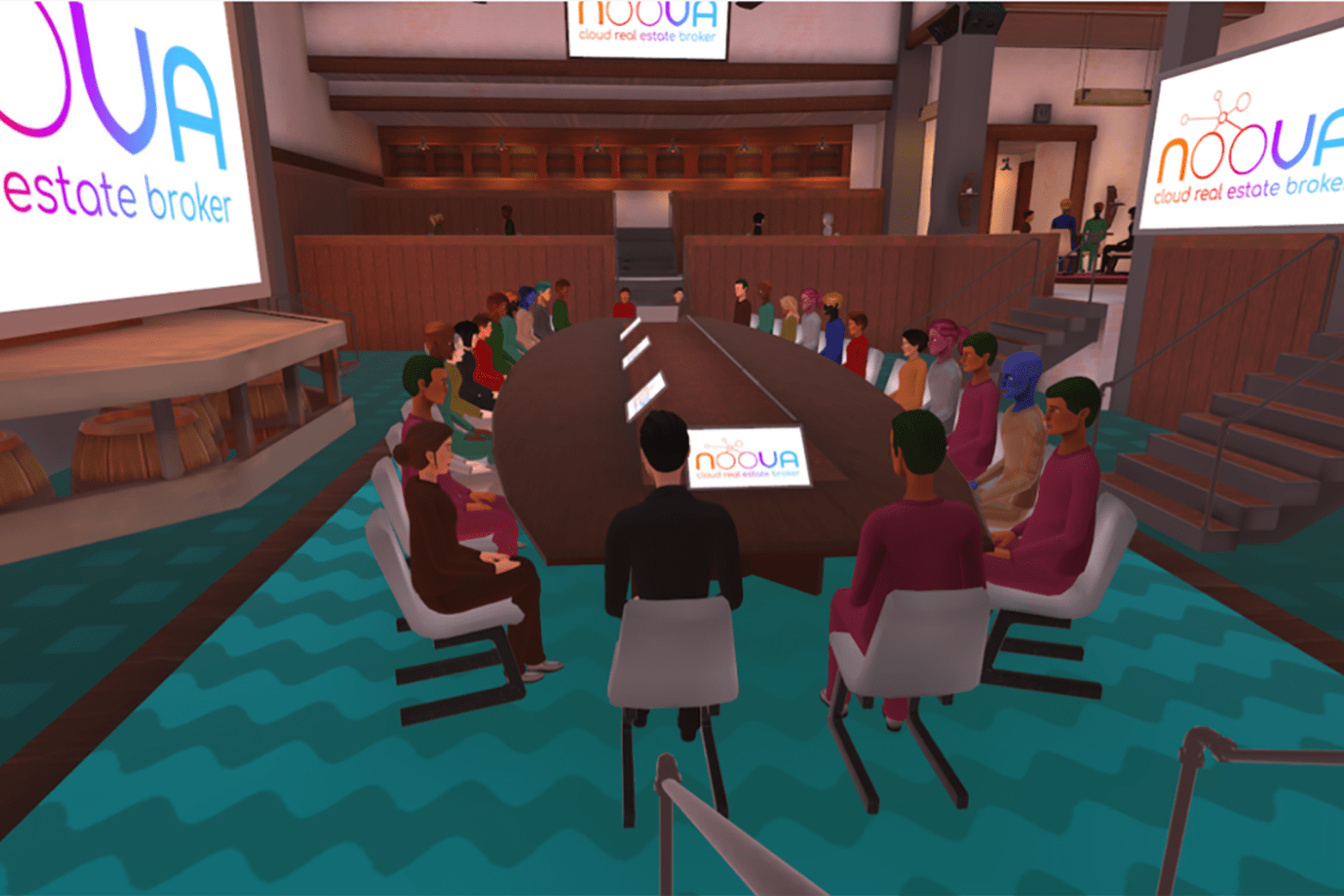Teooh offers a similar formula. The avatar-based virtual event platform has been used for everything from business meetings to birthday parties. Reebok founder Joe Foster launched his memoir on Teooh with a virtual meet and greet; Jay-Z’s Roc Nation held a record release party on the platform; Think Global School, the world’s first traveling high school, gathers all its students and teachers together on Teooh for its weekly assembly meeting; it hosted an 800-person film festival by Animayo in May 2020; and it has served as a gathering space for support groups like Alcoholics Anonymous.
Teooh has exploded in popularity since launching in April 2020; as of December, it had amassed an overall population of 50,000 users across 10,000 active rooms, with a total of 12,500 hours spent in the virtual space, Teooh CEO Don Stein tells Wunderman Thompson Intelligence.
Bolognino anticipates gamified gatherings will continue to proliferate alongside the return of physical events, giving rise to a new blended reality experience. “Coachella will come back, as will the other major festivals, but they will take place alongside virtualized options,” he tells Wunderman Thompson Intelligence. “Eventually it will be indistinguishable which reality is in play, as many will be seamlessly integrated together.”
